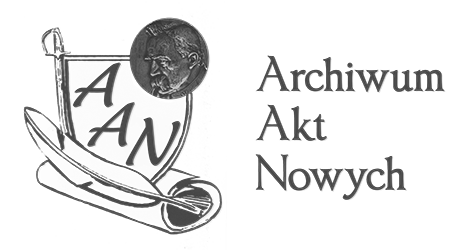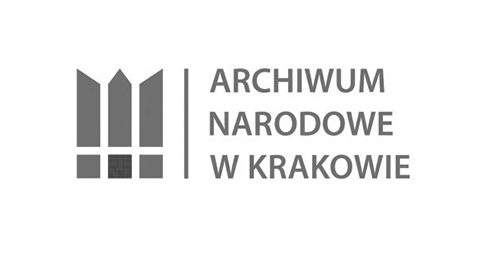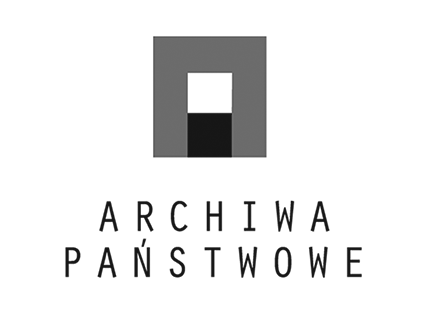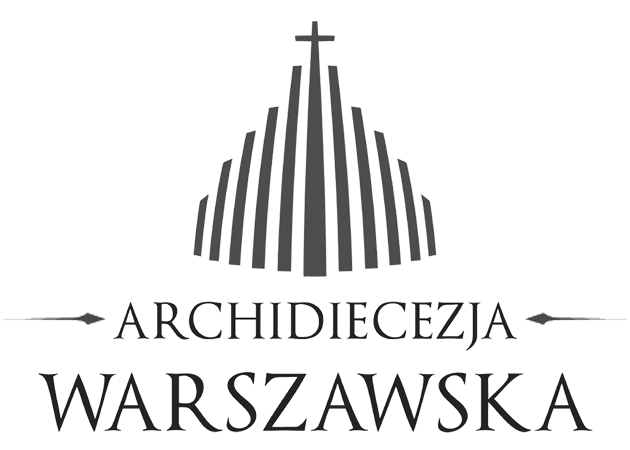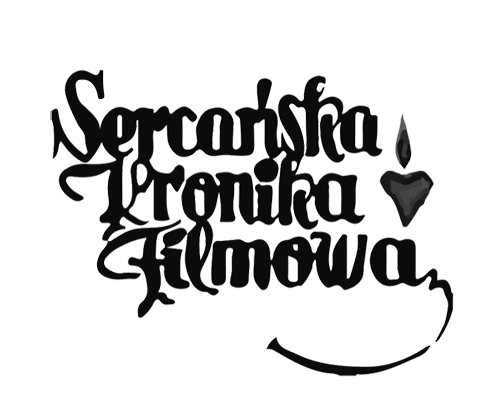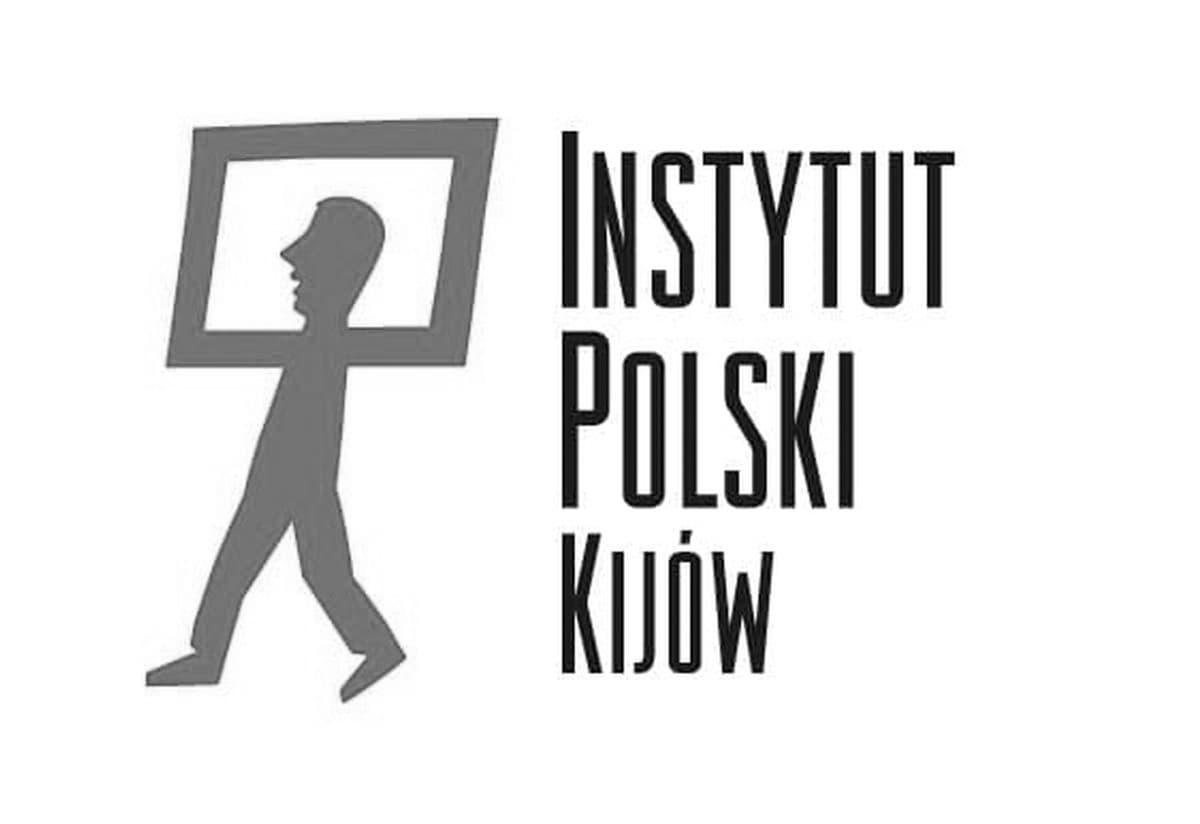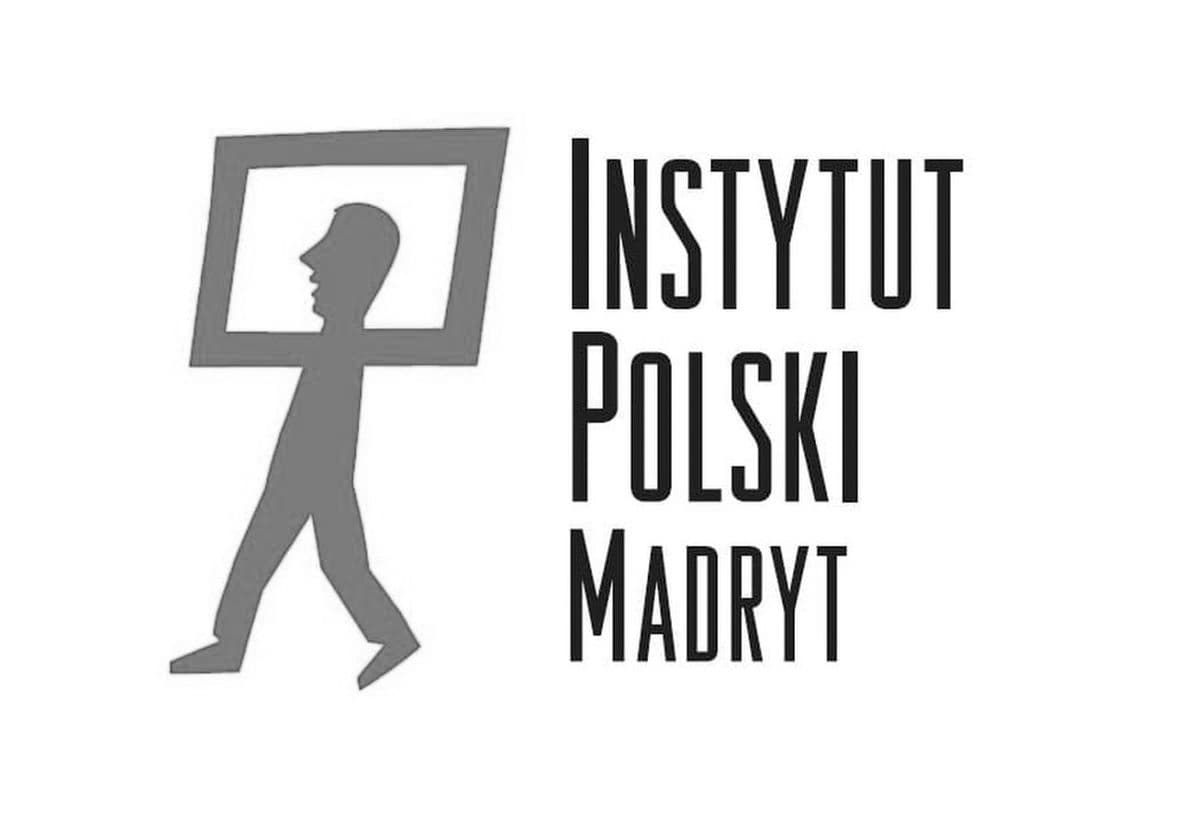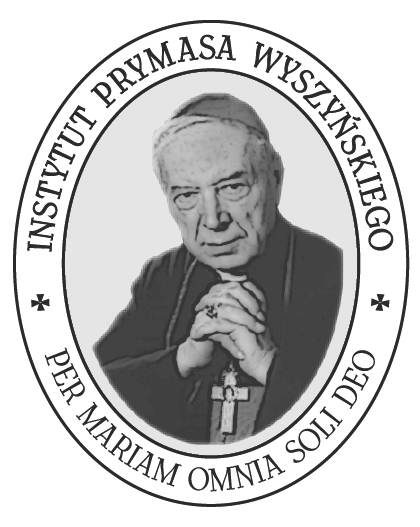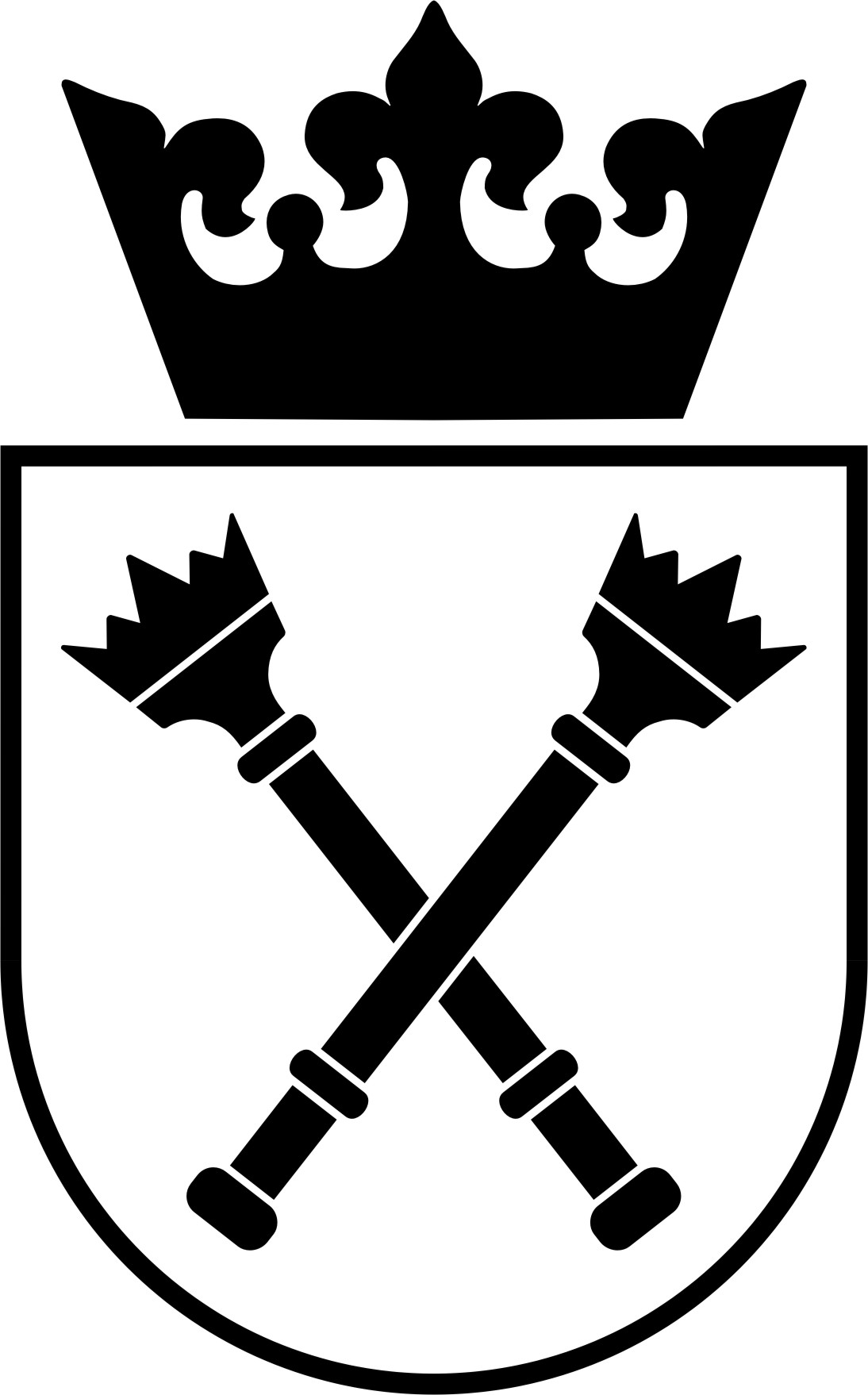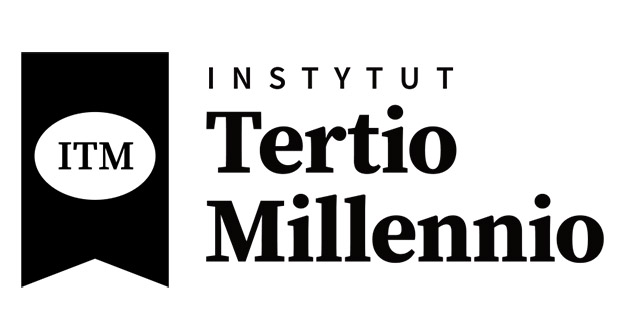Officer Wojtyła - the Father
A soldier who retired to look after his wife; an authority for his son, and at the same time his friend and a guide - such a picture of Karol Wojtyla Senior emerges from memories and source materials.
Drag timeline
18 Lipca 1879
Karol Wojtyła senior was born
1900
Powołanie do cesarsko - królewskiej Armii (kaiserlich königliche Armee)
10 Lutego 1906
Marriage with Emilia Kaczorowska
1 Września 1915
Rozpoczęcie pracy w powiatowej komendzie uzupełnień w Wadowicach
1928
Odejście z wojska - przeniesienie w stan spoczynku
1938
Przeprowadzka wraz z synem Karolem do Krakowa
18 Lutego 1941
Karol Wojtyła senior died
7 Maja 2020
Rozpoczęcie procesu beatyfikacyjnego małżeństwa Karola i Emilii Wojtyłów
Authority figure and friend
Karol senior - lieutenant of the Polish Army - worked in the District
Supplementary Military Command in Wadowice, i.e. in the military
administration. Emilia took care of the house. Karol, called Lolek in
his childhood, was the third, long-awaited child of Karol and Emilia
Wojtyła. Emilia gave birth to him at the age of 35; when Edmund was
almost 14 years old.
When Lolek was nine years old, his mother died
of myocarditis. After his wife's funeral, Karol senior took his sons to
the Marian Shrine in Kalwaria Zebrzydowska, to which the future pope
often returned. Through this pilgrimage with his sons, he probably
wanted to show them that they would seek protection from the Mother of
God when they no longer have an earthly mother.
Edmund studied
medicine in Krakow when his mother died. Wojtyła senior was alone with
Lolek. For dinner they went to a beanery run by Maria Banaś. His
relative Maria Pukłowa also helped him look after his son, and Karol
also visited other family members from Wadowice. Karol senior knew
tailoring, so he repaired his son's clothes himself.
This is how John Paul II remembered his father: "A father who knew how to demand from himself, in a sense, he no longer had to demand anything from his son. Looking at him, I learned that you have to set your own requirements and comply with your own obligations "(A. Frossard," Do not be afraid. "Conversations with John Paul II).
In another passage he wrote: "I could watch his life every day, which was a harsh life. He was a military man by profession, and when he was widowed, it became even more a life of constant prayer. Sometimes I used to wake up at night and found my father on his knees, like I have always seen him praying on his knees in the parish church. We have never talked about priesthood calling, but this example of my father was some first home seminary "(John Paul II, Gift and Mystery).
Soldier and guardian of his wife
KarolWojtyła senior came from a family of craftsmen from the village of Czaniec. His parents were Maciej Wojtyła - a tailor by profession and Anna Marianna Przeczek.
The third child of Wojtyła, Karol, was born in 1920, when disturbing news of the Bolshevik offensive approaching Warsaw and Lviv began to reach from the Ukrainian-Belarusian front. He was named after Charles Habsburg - the last ruler of the imperial-royal Austro-Hungarian Empire (Beatified by Pope John Paul II in 2004).
In 1927, the father of the future pope, already in the rank of captain, resigned from military service because of Emilia's deteriorating health. He nursed his bed-ridden wife, looked after the house and children. After her death in 1929, he raised his sons on his own. Three years after his wife's death, he experienced another tragedy - his oldest son, Edmund, who worked in a hospital in Bielsko passed away.The only surviving member of the family was the youngest son, Karol.
In his youth Karol took apprenticeships in his father's tailor shop. After compulsory service in the Austro-Hungarian army, he remained in it as a professional soldier. While stationing in Krakow, he met Emilia, whom he married in 1906. He was 27 years old. Soon their first son Edmund was born. In 1913 Karol began his service in Wadowice, where the whole family moved. At the beginning of World War I, the Wojtyła family was evacuated. They stayed in Hranice in Moravia for a year. In 1916, the second child of Emilia and Karol - daughter Olga, died shortly after birth.
After regaining independence, Karol - senior joined the newly founded Polish army and served as the head of the Supplementary Military Command in Wadowice. Archival documents show that he enjoyed a very good reputation as a dedicated and hardworking officer, treating subordinates well, who valued honour very much. However, it is difficult to talk about stabilisation in the life of the Wojtyła family - in the nearby Cieszyn Silesia in 1919, the war broke out with Czechoslovakia, one of the companies of the 12th Infantry Regiment in which Karol served, was decimated near Skoczów.
In 1927, the father of the future pope, already in the rank of captain, resigned from military service because of Emilia's deteriorating health. He nursed his bed-ridden wife, looked after the house and children. After her death in 1929, he raised his sons on his own. Three years after his wife's death, he experienced another tragedy - his oldest son, Edmund, who worked in a hospital in Bielsko passed away.The only surviving member of the family was the youngest son, Karol.
With his son until the end
In 1938, the Wojtyła family moved to Kraków, where Karol junior began his studies. They lived in two rooms of the tenement house belonging to the wife's relatives at ul. Tyniecka 10. A friend of the future pope from his studies, Juliusz Kydryński, remembers Karol's father from that period as follows: "He was an extraordinary man. Always smiling, of small build and completely grey, slight build, slightly stooped, he seemed older than he was. He was a man of great culture and angelic kindness and gentleness. I once wrote that when I sometimes imagine a holy man, but at the same time deeply and wisely connected with life, Karol's father could be his model. The love and friendship between these two people, father and son, was touching. Wojtyla senior, retired military officer took care of the household and dealt with various works. Their poverty was so great that it happened that the father, due to lack of money for a shoemaker, repaired his son's shoes " (Przebudzenie. Miesięcznik Społeczno-Religijny Kościoła Wadowickiego, 2000, nr 6).
In the first days of September 1939, during the chaos accompanying the evacuation of civil and military authorities, Karol senior and his son heard in a radio communication a call that all men (who could fight) headed east, where a new front line would be formed. After a few days of hopeless journey, they returned to Krakow, occupied by the Germans. Karol Wojtyła senior died two years later of a heart attack. He was buried at the Rakowicki Cemetery in Krakow in the military sector at ul. Prandoty.
In the first days of September 1939, during the chaos accompanying the evacuation of civil and military authorities, Karol senior and his son heard in a radio communication a call that all men (who could fight) headed east, where a new front line would be formed. After a few days of hopeless journey, they returned to Krakow, occupied by the Germans. Karol Wojtyła senior died two years later of a heart attack. He was buried at the Rakowicki Cemetery in Krakow in the military sector at ul. Prandoty.
Keywords
Persons index:
Geographical index:
Project implemented by: 

Project co-financed by: 

Patronage: 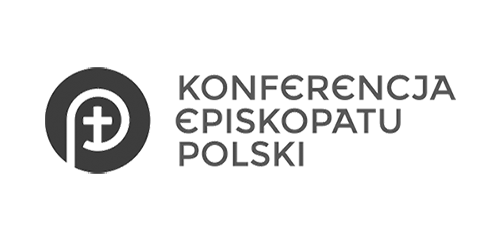

Partners: 